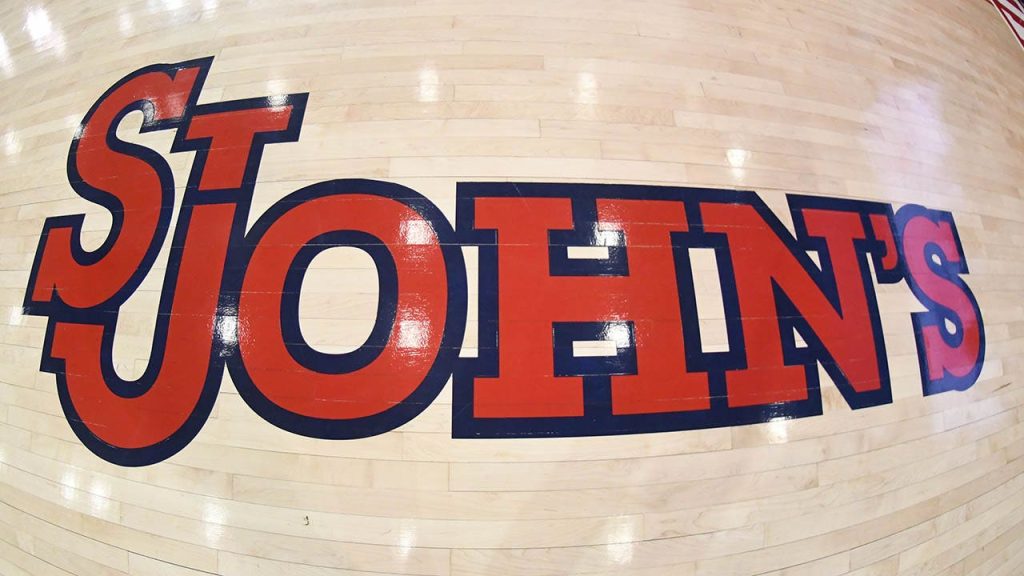College basketball players Chris Ledlum and Jordan Dingle, who transferred from the Ivy League to St. John’s, are suing the NCAA for denying them an extra year of eligibility after the Ivy League season was canceled due to the pandemic. The players filed a lawsuit in the Queens Supreme Court in New York, seeking injunctive relief against the NCAA for violating various laws, including the New York State Human Rights Law Executive Section 290 and the Right to Pursue Higher Education and Name, Image, and Likeness under the New York State Education Law.
The lawsuit argues that the players are suffering “irreparable harm” by being denied an extra year of eligibility, which could lead to consequences such as loss of scholarship, hindered professional prospects, and missed opportunities to leverage Name, Image, and Likeness opportunities. Ledlum and Dingle both expressed their desire to stay at St. John’s and continue playing for the team if they were granted an extra year of eligibility. However, the players have also declared for the NBA Draft, but have until late next month to withdraw their names.
Ledlum expressed his love for Coach Rick Pitino and the team at St. John’s, as well as his attachment to New York City where he feels at home. Dingle similarly expressed his love for being close to his family, the coaching staff, and teammates at St. John’s, and his enjoyment of playing for the team during the past season. Both players have stated that they would like to pick up where they left off if they were granted an extra year of eligibility.
The players’ lawsuit against the NCAA highlights their belief that they are entitled to the same opportunities as other athletes who were granted extra years of eligibility due to the cancellation of the Ivy League season in 2020-21. Ledlum and Dingle argue that the denial of their waiver for a fifth year of eligibility has put them at a disadvantage in terms of pursuing their athletic and academic goals, as well as potentially impacting their future professional prospects.
The case has sparked discussion about the NCAA’s eligibility rules and how they impact student-athletes who have had their seasons disrupted by the pandemic. Ledlum and Dingle’s lawsuit is seen as a challenge to the NCAA’s regulations, particularly in terms of providing equitable opportunities for athletes who have faced unforeseen circumstances that have affected their eligibility for additional playing time. The outcome of the lawsuit could have broader implications for college athletes seeking extra years of eligibility in similar situations.
As the legal battle unfolds, Ledlum and Dingle remain hopeful that they will be granted an extra year of eligibility to continue playing for St. John’s and pursuing their athletic and academic goals. The players’ determination to fight for their rights and challenge the NCAA’s decision reflects a broader conversation about fairness and equity in college sports, particularly in the face of unprecedented challenges such as the pandemic.


